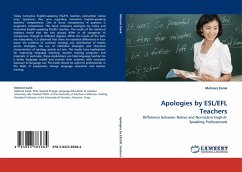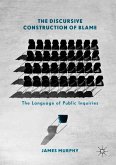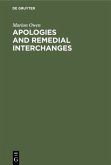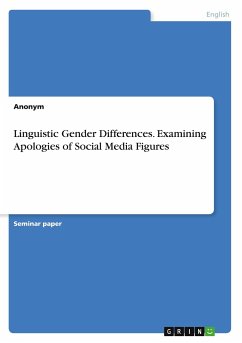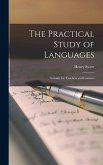Today nonnative English-speaking ESL/EFL teachers outnumber native ones. Questions thus arise regarding nonnative English-speaking teachers' competences. One of those competences in question is pragmatic competence. This book compares apologies by native and nonnative English-speaking ESL/EFL teachers. The results of the statistical analyses reveal that the two groups differ in all categories of comparison, though to different degrees. When the results of the tests are interpreted, it is observed that there are essential differences in four areas: the patterns of common strategy use, distribution of tokens across strategies, the use of individual strategies and structural characteristics of apology speech act sets. The results have implications for improving language teaching, teacher training programs and materials. In particular, these implications can help language teachers be a better language model and provide their students with necessary exposure to language use. This bookshould be useful to professionals in the fields of pragmatics, foreign language education and teacher training.
